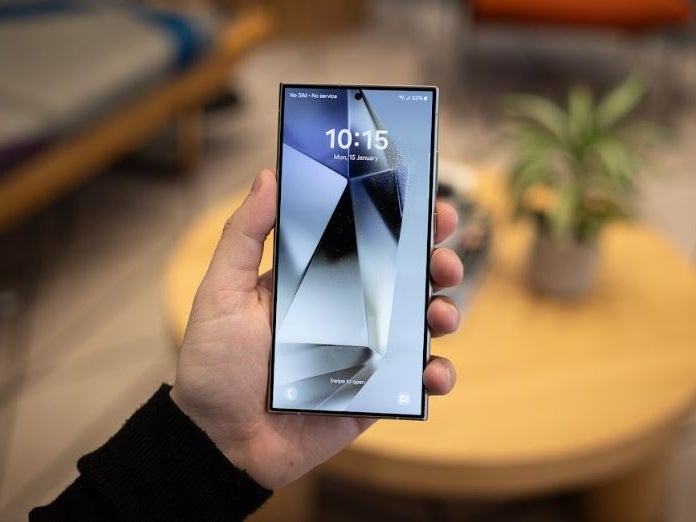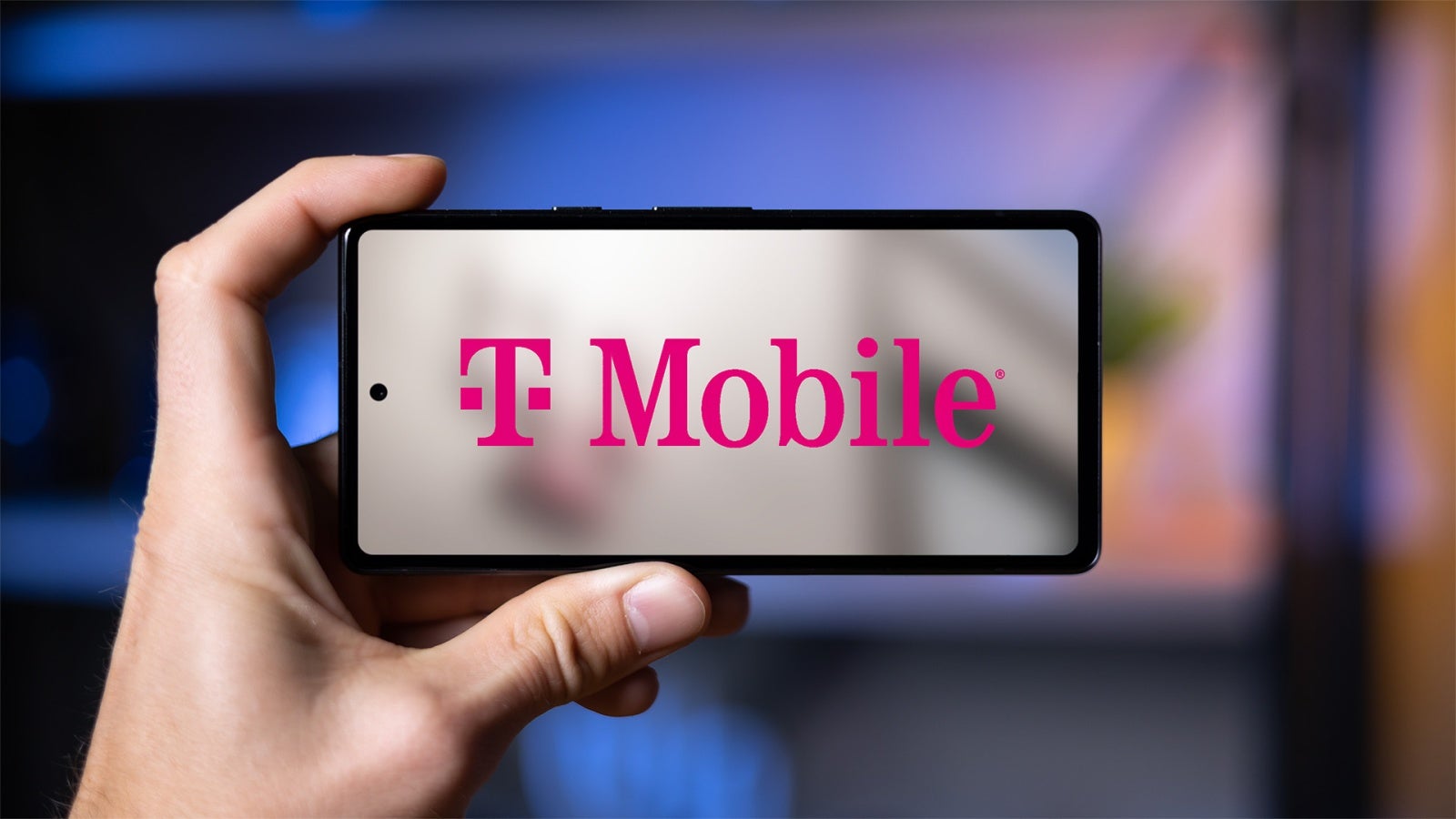As smartphone manufacturers continue to insist upon slimmer phones which are still faster than their predecessors the importance of chipset thickness becomes paramount. Which is why it’s not surprising that reports from inside the industry allege that both Apple and Samsung have now set their sights on Intel.Current modern smartphones, at least the flagships, are using 3 nm chipsets. If manufacturers like Apple and Samsung wish to retain modern smartphone slimness while gaining performance increases they need even smaller chipsets. While the average consumer probably couldn’t care less, there is a battle being fought behind the scenes.
Apple, for example, has reportedly hoarded all of TSMC’s (Taiwan Semiconductor Manufacturing Company) 2 nm chip supply for the foreseeable future. Samsung, on the other hand, is trying to make its own 1.4 nm chipsets by 2027, which it is having lots of difficulty doing.
Reports claim that even the iPhone 17 won’t have 2 nm chipsets, meaning that the industry is taking its sweet time getting to that point. Samsung, meanwhile, has had to abandon Exynos for the upcoming Galaxy S25 phones because of yield rates as low as 10 percent.


Galaxy S24 Ultra had to be powered by Snapdragon in all regions, much to Samsung’s dismay. | Image credit — PhoneArena
If Apple buys Intel and also succeeds in making in-house cellular modems for the iPhone it could be looking at record profits. And if Samsung gets Intel it might finally be able to power all of its devices with Exynos chips and not be hated for it.
For a long time cameras seemed to be the only upgrade each year in the smartphone industry, and now its AI. But when it comes to behind the scenes happenings I still have my fingers crossed for a breakthrough in battery technology.
Slimmer phones are cool and all, but a phone that lasts a week without needing to charge would revolutionize how we see smartphones as a whole.







